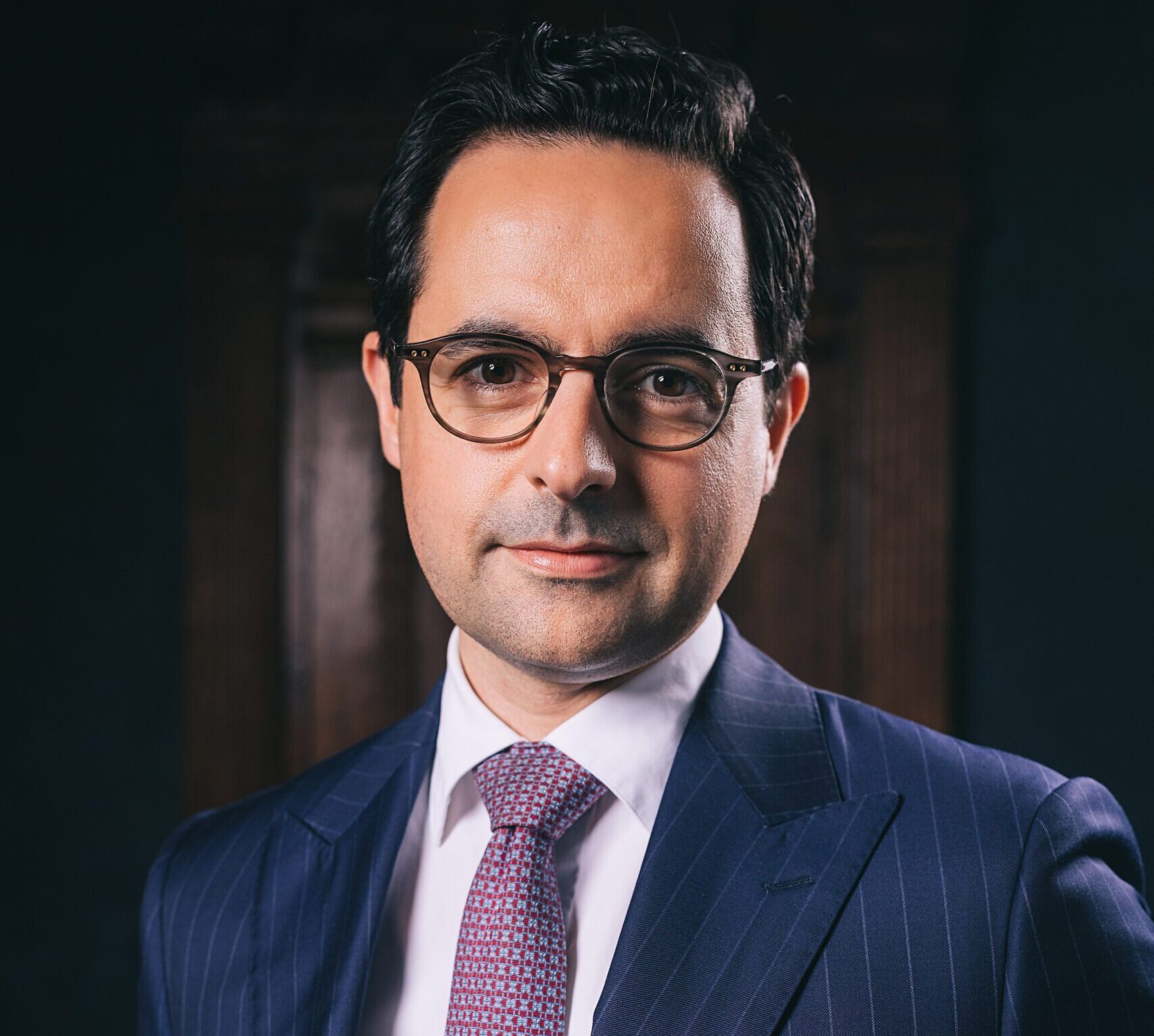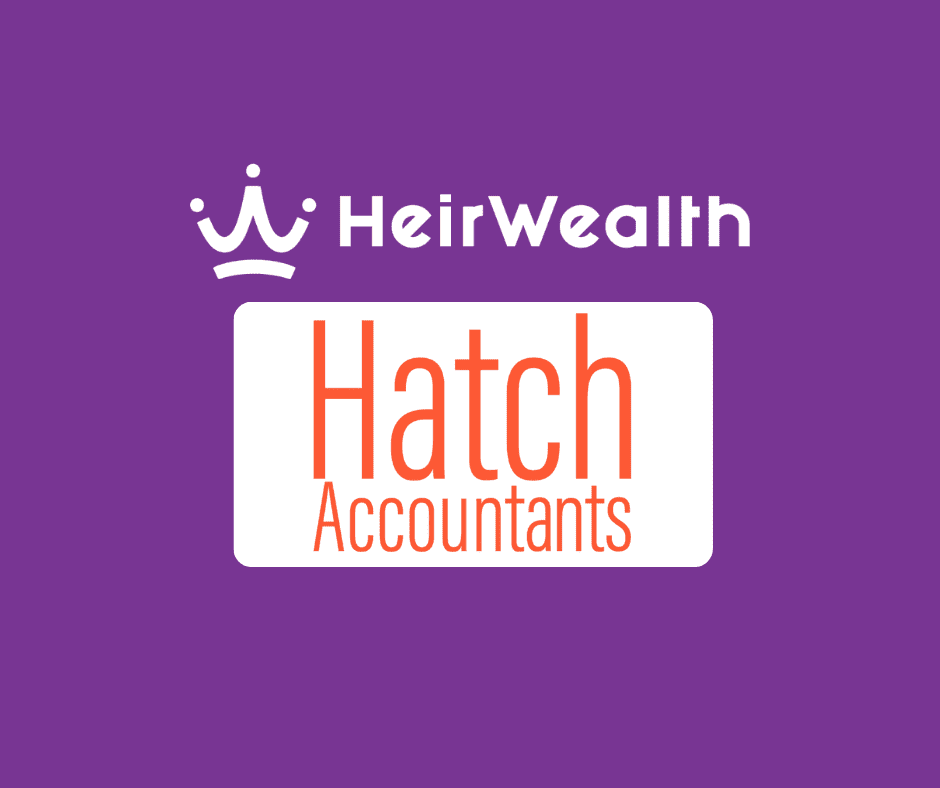Beyond the Balance Sheet: Are you taking the right approach to engage with HNW clients?

Family Wealth adviser Andrew Barros shares his experience on the keys to lasting client engagement on family wealth.
What if preserving wealth wasn’t enough? The landscape of advising Australia’s growing number of High and Ultra Net Worth families is undergoing a profound transformation.
While technical expertise remains fundamental, the definition of value is expanding far beyond financial returns and product recommendations and increasingly moving into intergenerational advice and other domains of family capital.
For accountants and financial advisers aiming to build enduring relationships with these clients, understanding this shift is paramount.
It requires moving from a service provider mindset to that of a long-term strategic partner and going deep on family dynamics, intergenerational values, and legacy.
The Surprising Value Proposition: More Than Just Technical Skill
As Australia’s high-net-worth investor base expands, demand for advisers with both technical and soft skills is intensifying, supported by industry analysis like the Ensombl/Generation Life guide ‘The New Age of Advice,’ which details the crucial role advisers are increasingly playing in managing the unfolding multi-trillion dollar global intergenerational wealth shift.
Research shows that the number of high-net-worth (HNW) individuals grew by about 4.4% in 2024 for those with over $1 million investable assets, with projections indicating further expansion in the coming years, according to Knight Frank’s The Wealth Report 2025.
In a world saturated with technically competent professionals, HNW and family office clients, often time-poor business owners, place immense value on having a trusted adviser understand their family values, whilst also being able to consolidate and manage their complex financial affairs.
This coordinator role – the “conductor of an orchestra” of specialists (accountants, lawyers, bankers, etc.) – is crucial. While advisers focus training on technical competence, family wealth expert and HeirWealth board adviser Andrew Barros notes:
“What really distinguishes their relationship with clients is the soft skills… the relationship building part… bringing everything together across various domains and not just the financial capital.”
Redefining Wealth: From Preservation to Purpose
This leads to a broader evolution, particularly visible in the concept of the modern family office, which Barros notes has “evolved quite dramatically” over the last decade. It’s becoming more democratised, moving beyond multigenerational dynasties to serve first-generation wealth creators seeking a centralised structure for financial and personal affairs.
Crucially, the definition of success is changing. “It’s no longer about preserving wealth, but it’s about preserving identity, relationships, purpose, and impact,” Barros explains.
Families are increasingly focusing non-financial forms of capital – such as human, social, spiritual capital – alongside their financial wealth. This focus builds resilience and cohesion that financial capital alone cannot guarantee. Families who thrive across generations often share a strong sense of purpose and shared values. Advisers can help surface these by asking, ‘What do you want your family to be known for in 50 years?’ or exploring the family’s foundational stories, dialogues that create the narrative threads that bind generations together.
“This shift reflects what thinkers like Jay Hughes and Jim Grubman have long advocated: that wealth is more than money – it is a system made up of people, values, relationships, and identity,” notes Barros.
“Grubman’s Wealth 3.0 framework, in particular, encourages families and their advisers to focus less on avoiding failure and more on cultivating resilience, adaptability, and shared purpose.”
The Adviser as Steward: Navigating Intergenerational Tides
This shift places new demands on family wealth advisers. As Barros aptly puts it, “There’s no use having a pool in your backyard if you haven’t taught your kids how to swim.” The adviser’s role expands beyond managing the assets (“the pool”) to becoming the “swimming instructor,” helping families define success and steward wealth – and values – across generations.
A primary concern for wealth creators isn’t just tax-effective wealth transfer; it’s about “transitioning the same values and grit that help them build that wealth in the first place… without disrupting family harmony” or fostering entitlement – the so-called “affluenza.”
This involves understanding the “inheritor and acquirer’s dilemma,” recognising the vastly different lenses through which generations view wealth based on their experiences. Barros attributes the term to a paper by the same name of industry stalwart’s Jim Grubman and Dennis Jaffe, noting:
“Acquirers, who often built the wealth through hard work and sacrifice, tend to value grit and frugality. Inheritors, born into wealth, may value opportunity, access, or freedom. Without mutual understanding, these differences can create tension – but with the right support, they can form the basis for complementary stewardship.”
Expanding the Tactical Toolkit: Beyond Financial Acumen
Addressing human and social capital challenges requires skills often underdeveloped in traditional financial training.
Barros highlights the need for advisers to develop capabilities in managing family engagement, navigating emotional terrain, and encouraging open dialogue around sensitive topics like values and shared purpose.
“Beyond access to capital, families need frameworks to support lifelong learning. Next-gen members benefit from intentional exposure to governance, entrepreneurship, philanthropy, and leadership through tailored education programs or even family-designed ‘learning journeys,” says Barros.
While experience is invaluable (“a lot of it has to be done by… professional experience”), he foresees these “human and social capital skills” becoming part of formal adviser training in the future.
Recognising limitations is also key. Advisers shouldn’t aim to be everything to everyone. Just as they collaborate with lawyers or brokers, engaging external specialists is often critical to truly supporting a family’s broader needs..
Barros underscores this point with examples that go well beyond the traditional advisory toolkit. In some cases, he suggests, it may be necessary to involve a clinical psychologist or therapist to help a family surface and work through unresolved emotional patterns and inherited trauma across generations, a family historian to document and preserve legacy, or an external mediator to guide families through complex disputes with neutrality and care. These specialists don’t dilute the adviser’s role – they reinforce it by ensuring the family receives the right support, at the right depth, from the right people.
From Transactional to Transformational Relationships
This holistic approach necessitates a fundamental shift: “from acting as a service provider to becoming a long-term strategic partner – someone trusted not only for financial acumen, but for guiding the family across generations,” says Barros.
This requires listening deeply, understanding unspoken cues, and focusing on helping families make effective joint decisions and cultivating the rising generation’s confidence, competence, and sense of stewardship.”
Articulating this enhanced value proposition is critical, yet not easy, especially when fee structures are traditionally tied to Assets Under Management (AUM).
Advisers need to go beyond the surface of financial objectives and ask: What do these goals actually enable for you and your family? As Barros puts it, ‘Is it really about financial returns, or achieving financial liberty that gives you the agency to live a more purposeful life?’.
Focusing on these qualitative, goals-based outcomes builds relationships that transcend market volatility. But this approach also demands a shift in business model: one that prioritises depth of engagement over volume, and long-term alignment over transactional throughput.
Technology as an Enabler
Technology plays a vital role in facilitating this deeper engagement. Platforms designed around holistic wealth can act as “a bridge between sophisticated needs and simplified execution,” Barros suggests.
They help democratise the family office model, making tools for managing all forms of capital (financial, human, social) accessible beyond the UHNW stratosphere. Such platforms as HeirWealth empower both adviser and family, enabling “governance, succession planning, and even rising gen learning pathways” to be embedded directly into the client relationship, shifting it “from transactional to quite transformational.”
The Path Forward for Advisors
The future of advising Australia’s successful families lies in embracing this broader mandate. Technical proficiency is the foundation, but building truly valuable, lasting relationships requires advisers to widen their lens, develop relational skills, collaborate strategically, and leverage technology effectively.
By helping clients navigate the complexities of wealth beyond the numbers – focusing on values, purpose, and intergenerational harmony – accountants and financial advisers can solidify their role as indispensable partners in securing a family’s enduring legacy.
To summarise, Barros shares 10 tips to help professionals better engage with high net wealth individuals and families
| 1. Become the Aggregator: Position yourself as the central hub. HNW clients deeply value advisers who can consolidate input from their broader advisory ecosystem—lawyers, accountants, bankers—into clear, cohesive insights and reports. Coordination is not just admin; it’s strategic clarity. 2. Listen Deeply & Observe: Pay attention not just to financial details, but also to family dynamics, unspoken cues, aspirations, and potential conflicts. Understand the emotional context and generational differences in values – these soft signals often carry more weight than financial data. 3. Shift to Strategic Partner: Frame your role as a long-term partner invested in the family’s multi-generational success, not just a provider of financial products or technical advice. 4. Focus Beyond Financial Capital: Actively enquire about and engage with the family’s human capital (skills, wellbeing), social capital (relationships, networks), and spiritual capital (purpose, values, legacy). These are the true engines of multi-generational resilience. 5. Uncover the ‘Why’: Don’t stop at surface-level goals. Ask what those financial goals are meant to unlock – freedom? impact? legacy? Your value lies in helping families achieve the deeper outcomes that matter most to them. 6. Facilitate Introspection: Help clients, particularly across generations, understand their own perspectives (their “lenses”) on wealth, shaped by their experiences (e.g., the ‘inheritor vs. acquirer dilemma’). Encourage understanding of differing viewpoints within the family and across generations before jumping to solutions. 7. Leverage the Power of Storytelling: Help families capture and transmit their identity through stories. Whether through structured legacy projects, curated narratives, or engaging a family historian, stories are powerful tools for connection and continuity. 8. Know Your Limits & Collaborate Wisely: You can’t (and shouldn’t) do it all. Build a trusted circle of external experts: trauma-informed therapists, governance facilitators, education specialists, or mediators. Bringing in the right voice at the right moment enhances your leadership, not diminishes it. 9. Stay Proactive, Not Reactive: Anticipate needs and potential issues related to life stages, wealth transfer, and family dynamics. Proactive engagement builds trust and prevents misalignment at critical junctures. 10. Utilise Technology as a Facilitator: Adopt platforms that can help aggregate information, track different forms of capital, facilitate communication, and support learning pathways for the next generation. Technology should help you scale wisdom, not just efficiency. |
What next?
Whenever you’re ready... we're here to help support you on your HeirWealth journey. Here's some of the ways you can interact with us!
- Book a Call with Sales: Discover how our platform works and how our intuitive software transforms wealth management into a seamless journey towards your goals.
- Explore our Content: Read our informative articles and listen to our enriching podcasts to embark on a journey of knowledge and empowerment today.
- Share with a friend: If you know of someone who'd enjoy HeirWealth, share our link with them and spread the wealth through financial empowerment.


